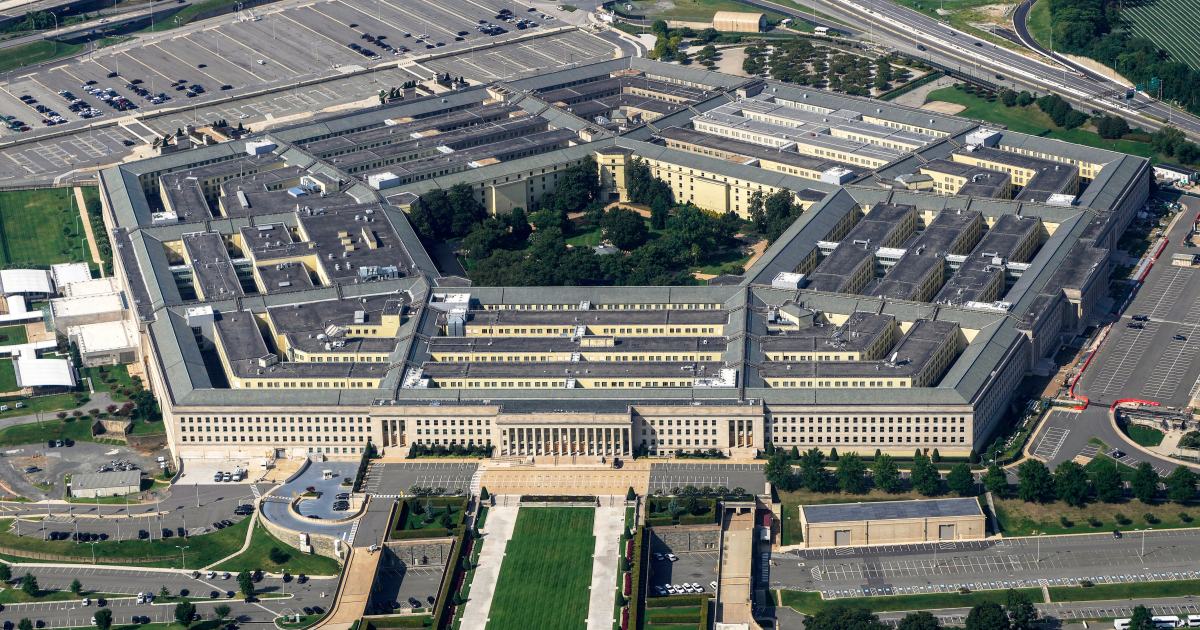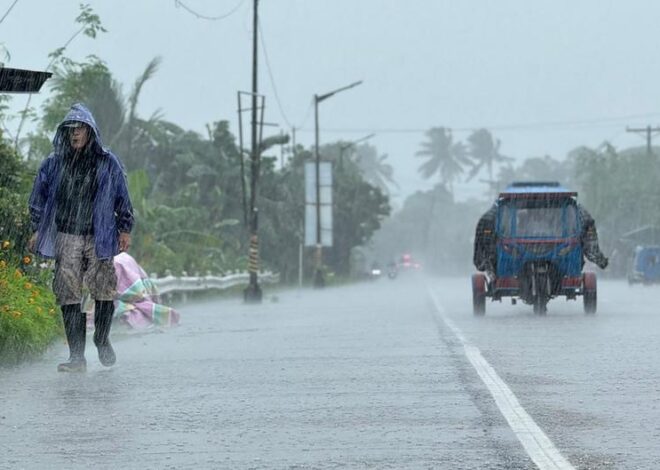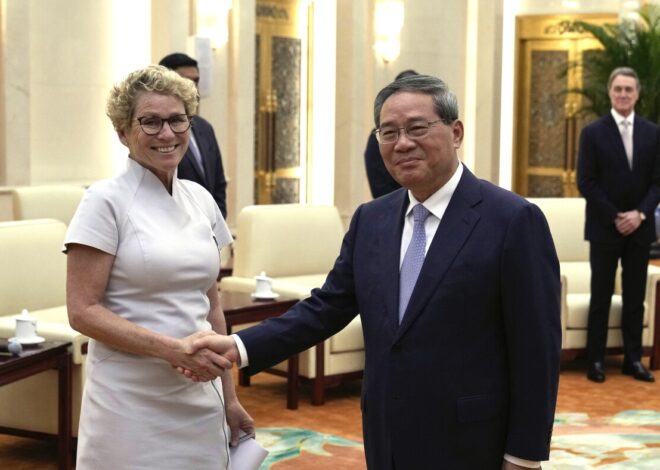
Trump’s Pentagon Calls for Press Compliance on ‘Unauthorized’ Material Disclosure
New Media Restrictions by Trump’s Administration on Military Reporting
The Trump administration has unveiled controversial new restrictions affecting how media outlets report on the U.S. military. Journalists are now required to pledge not to publish unauthorized information to retain their military credentials.
Details of the Restrictions
The Department of War, formerly known as the Department of Defense, has implemented these new rules. Journalists could lose their access to cover military events if they refuse to sign a pledge that limits what they can disclose.
The rules, recently reported by The New York Times, state that any information must be pre-approved by an “appropriate authorizing official,” even if it is unclassified.
Impact on Journalist Movements
Additionally, the regulations restrict journalist movements within the Pentagon building located in Arlington, Virginia, designating significant areas as off-limits without an escort.
Official Statements
Secretary of War Pete Hegseth remarked on social media, “The ‘press’ does not run the Pentagon – the people do,” further emphasizing that journalists must adhere to the new restrictions or forfeit their access.
Reactions from Media Organizations
The changes have drawn significant criticism from various media organizations. Mike Balsamo, president of the National Press Club, condemned the rules as detrimental to independent journalism, stating, “If the news about our military must first be approved by the government, then the public is no longer getting independent reporting.”
Multiple newspapers and agencies, including The New York Times and The Washington Post, have joined in denouncing these measures.
Legal Perspectives
Seth Stern from the Freedom of the Press Foundation highlighted that decades of U.S. Supreme Court rulings support the media’s right to publish government secrets. He remarked, “This policy operates as a prior restraint on publication, a serious First Amendment violation.”
Historical Context
The Pentagon Papers case from 1971 affirmed the freedom of the press, allowing publications to disclose classified documents on U.S. actions during the Vietnam War, underscoring that the government cannot suppress information simply by labeling it a secret.
Recent Government Actions
This latest move to restrict media is part of a broader pattern by the U.S. government to limit journalistic freedom. Recently, ABC suspended Jimmy Kimmel’s talk show following threats from the Federal Communications Commission (FCC) over critical remarks he made regarding political figures.
In a further escalation, Trump has filed lawsuits against several major news organizations, including The New York Times, claiming defamation. However, a Florida judge dismissed the suit against The New York Times, deeming it baseless.
Conclusion
The recent restrictions imposed by the Trump administration on media reporting related to the military have ignited concerns over press freedom in the United States. As government oversight on journalistic activities increases, the long-standing principles of independent reporting face unprecedented challenges.
Published: 2025-09-22 03:45:00 | Source: www.aljazeera.com



